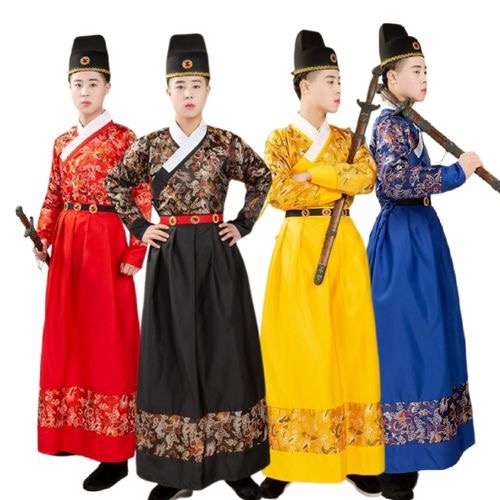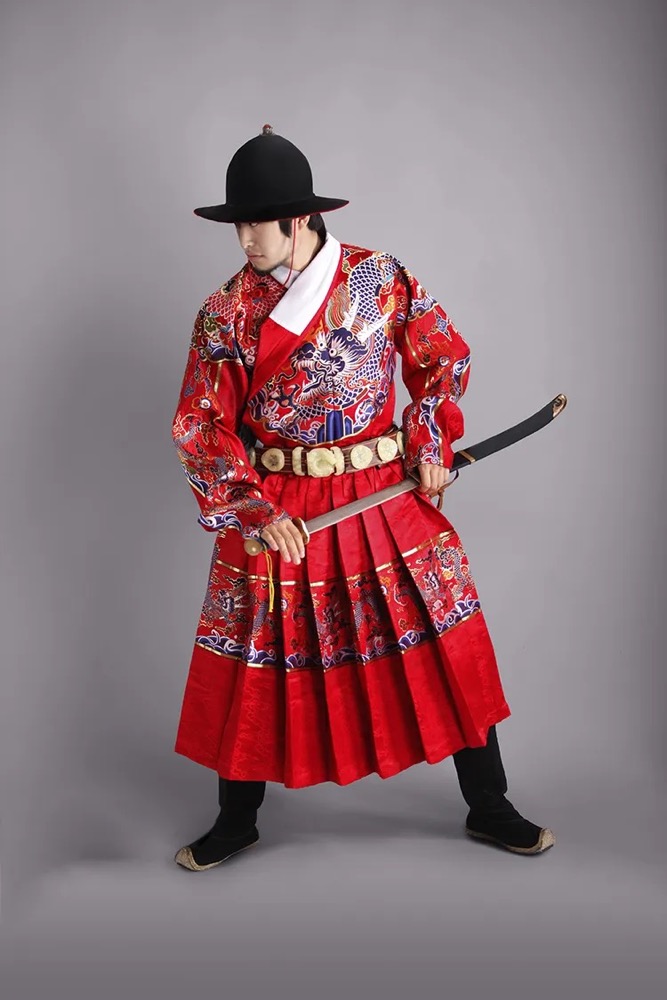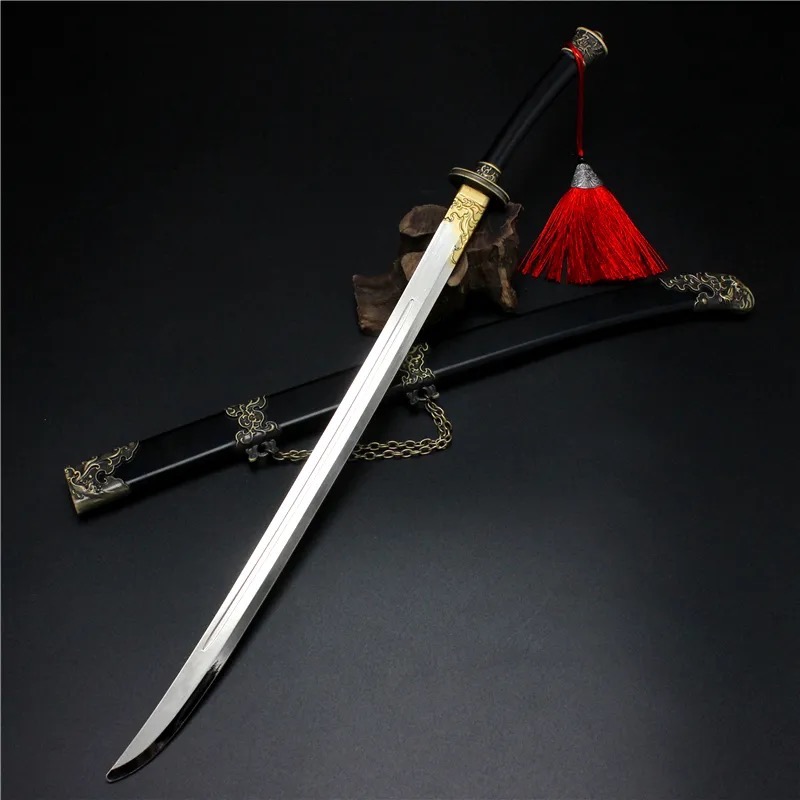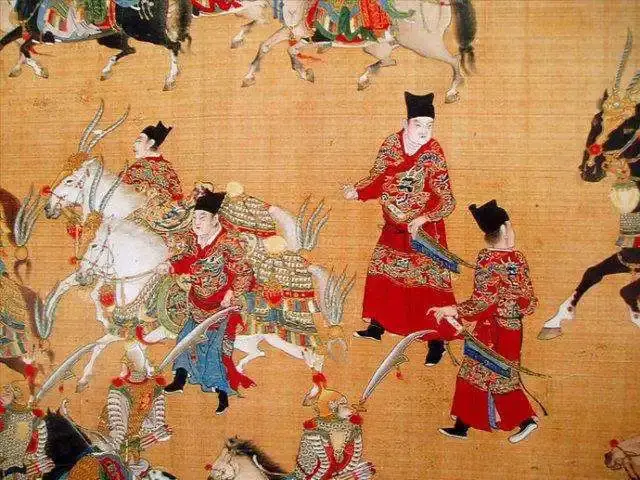There have been several dynasties that have existed in the History of the Governmental structures that we have today. In these dynasties, just like in the present times, their leader needed loyal foot soldiers who could execute their orders promptly when asked to. In the ancient China, one such dynasty existed and the emperor’s soldiers were called Jinyiwei.
Jinyiwei Meaning

Jinyiwei was a term used to refer to the imperial secret police who served the Emperors during the Ming Dynasty in China. Founded by Hongwu Emperor in 1368, they served up to 1644. The term meant “Embroidered Uniform Guards.” It may also be defined as the “Secret Service of the Imperial Court.”
Jinyiwei uniform

A jinyiwei guard serving the emperors of the Ming Dynasty wore a golden yellow uniform. This uniform was so distinct. It came with a pictured tablet that was worn on the soldier’s torso (the chest, abdomen, pelvis, and back). The tablet read “Jinyiwei commander Ma Shun”. The guard’s soldier look was not complete without a special blade weapon.
Jinyiwei sword

The jinyiwei sword was crafted from a special kind of steel. This sword is named “Changdao” which translates to “Long Sword” or “two-handed sword.” If not only the one used, the Changdao was the most commonly used type of weapon by the Embroidered Uniform Guards. Crafting this sword took patience and great skill. When at war though, the strikes from it were worth the time it took to wield it.
What methods did the jinyiwei use to reinforce the power of the state?

The term Ming, chosen to name this dynasty by Zhu Yuanzhang (Hongwu Emperor) meant “brilliant.” This would go on to influence greatly his way of administration, especially with the Embroidered Uniform Guards. Growing from just being Zhu’s bodyguards into a military organization, they were used greatly in reinforcing the power of the State.
Judicial proceedings;
The Jinyiwei were tasked to overrule judicial proceedings in all persecutions. They were granted full authority to conduct arrests, interrogate suspected criminals, and administer punishment to anyone they found guilty of a crime. This wrath was not limited to anyone, the nobles and the emperor’s relatives also suffered it.
Prosecution;
The Jinyiwei were granted full autonomy to prosecute enemies of the state without trial. This brewed fear among the subjects of the Ming Dynasty. The target especially was nobles who might attempt to go against the Emperor. It worked so perfectly that the Emperor’s decision was final and was never questioned. Anyone questioning or going against the Emperor’s word became an enemy.
Political Commissars;
In times of war, the Jinyiwei were assigned under the eunuch faction. At a time when the government sank into corruption, the Jinyiwei were used as a tool for eliminating political opponents through assassinations and biased legal prosecutions.
Military Intelligence;
Apart from planning, the most important part of battles with other armies or dynasties was the collection of military intelligence. The Jinyiwei was accorded the responsibility to do this. This led to winning several battles at the time that involved the Ming Dynasty. As a result, bordering organizations feared Ming Dynasty at war, avoiding any brawl that would lead to it.
Spying;
The Ming Dynasty emperor Hongwu was always on guard against possible rebellions and assassinations. As so, he had the Jinyiwei spy on some of his subjects to ensure that he had loyal administrators by his side as allies.
In 1393 however, Emperor Hongwu reduced some of the duties of the Jinyiwei on allegations that they were abusing their authority, following a rebellion organized by Lan Yu, where almost 40,000 people were executed.
Conclusion
During the reign of the Ming Dynasty, the Jinyiwei played a major role in sticking the dynasty together. The success of the entire period of ruling can be attributed to the contribution on the Jinyiwei even though it got ruthless. The Ming dynasty still remains to be one of the most talked about ancient dynasties of the time.